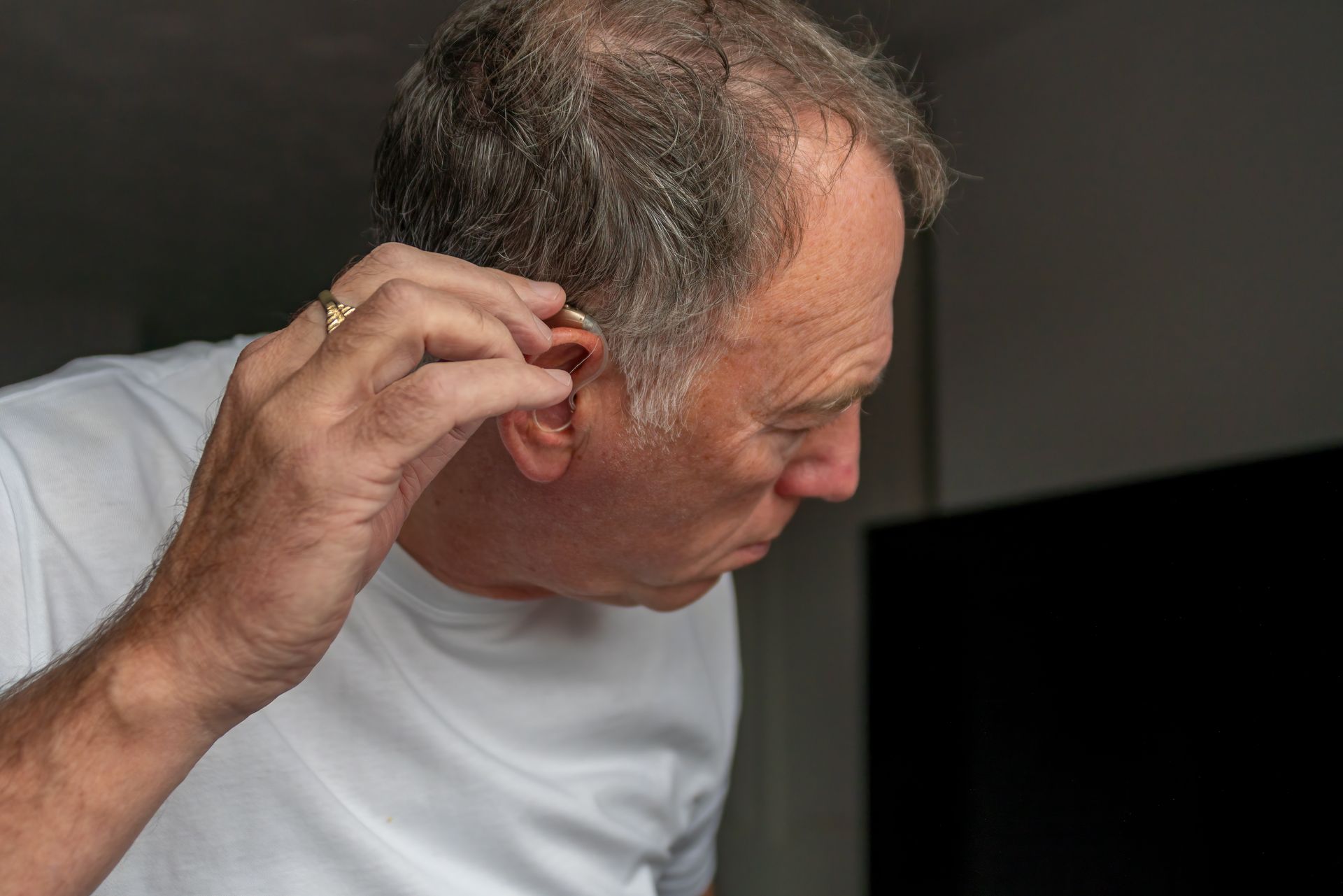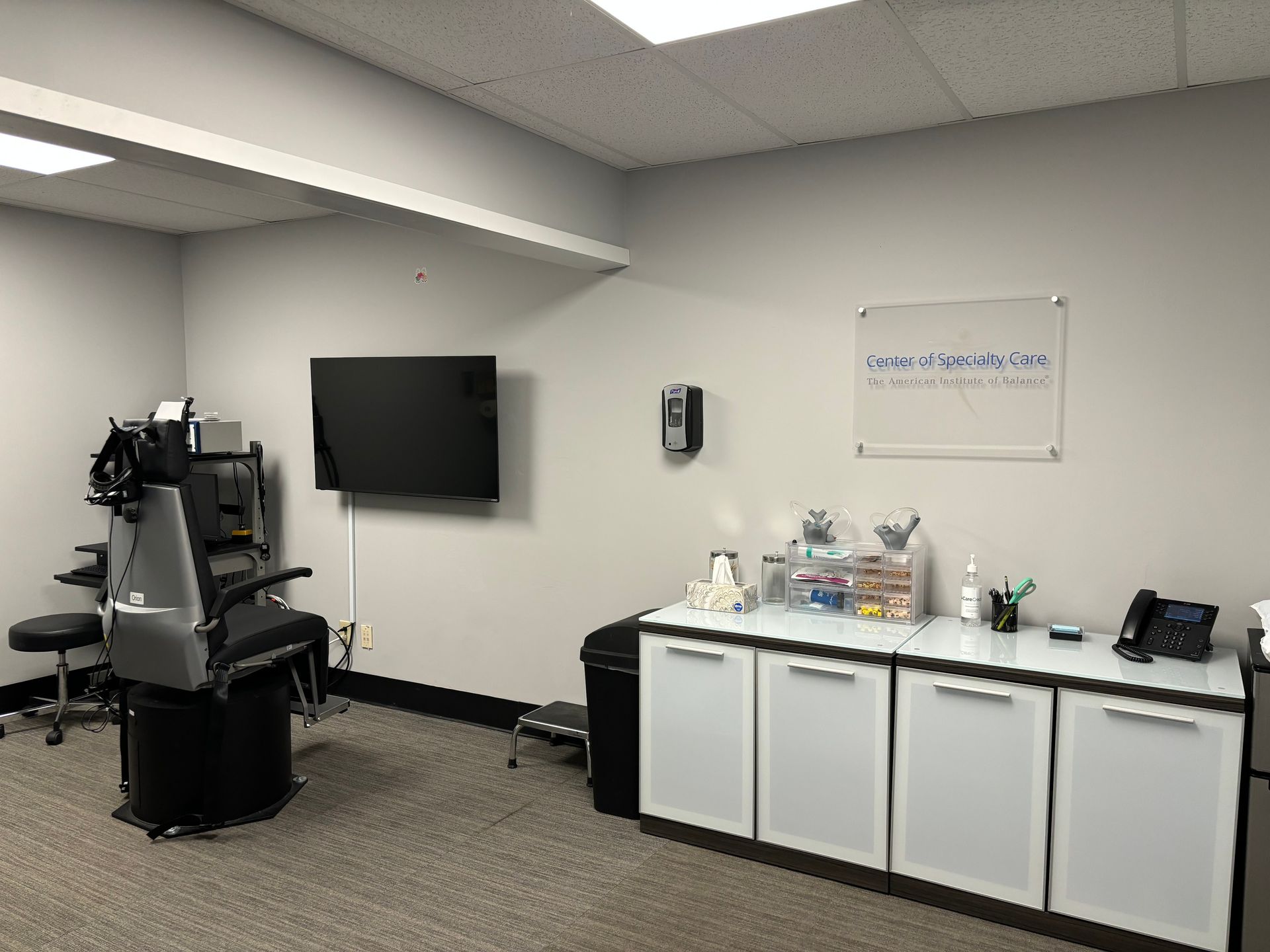SO, LET’S TALK ABOUT HEARING LOSS!
FEBRUARY: SO, LET’S TALK ABOUT HEARING LOSS!
Evidence of how hearing devices can improve your quality of life are overwhelming. As mentioned in the previous post, untreated hearing loss is associated with a variety of health complications, either directly or indirectly. Hearing loss is the third most common physical condition in the U.S. and affects approximately 15% of Americans.
Here is another interesting fact…only 16 percent of physicians routinely screen for hearing loss. Most of us get our vision tested annually and have dental visits twice a year, yet we continue to ignore our hearing problems and put it off for years.
One of the main issues is that hearing loss is an invisible condition. It most often occurs gradually over many years and can be attributed to other problems, like confusion or personality changes as people age. It is something that people can hide by using other senses and cues to fill in the blanks when they miss something that is said.
Some of the things I will talk about in this post might seem like common sense, and they are, but let me give you some basic knowledge about hearing loss and its effects on our lives.
LEARN TO RECOGNIZE THE SIGNS :
Asking people to repeat themselves
Difficulty hearing in background noise
The feeling that people mumble when they speak
Turning up the volume when watching TV
TYPES OF HEARING LOSS:
Conductive : hearing loss that involves the outer ear (pinna, ear canal, eardrum) and/or middle ear (ossicles). This type of hearing loss prevents sound waves from being carried from the eardrum to the inner ear. This type of hearing loss can often be treated with medication or surgery.
Sensorineural : hearing loss, often referred to as nerve deafness, occurring when there is damage to the inner ear or cochlea. This type of hearing loss is almost always permanent but can be treated with hearing devices.
Mixed : hearing loss that is a combination of both conductive and sensorineural hearing loss. This occurs when there is damage to both the outer/middle ear and the inner ear. Treatment may involve a combination of medications, surgery, and hearing devices.
COMMON CAUSES OF HEARING LOSS:
Aging: also known as presbycusis, affects an estimated one-third of adults by the age of 65. Presbycusis is irreversible and can range from mild to profound. It occurs due to loss of hair cells in the inner ear and generally affects the high frequency area.
Noise exposure: results in the damage of the hair cells in the inner ear that exceed safe listening levels (85 decibels). It can occur suddenly after one exposure or gradually over a period of time. This is the only type of hearing loss that can be prevented with the use of hearing protection devices.
Earwax buildup
Ear infections
Abnormal bone growth in the middle ear known as otosclerosis
Ototoxic medications (there are over 200 that can cause temporary or permanent hearing loss)
Meniere’s Disease
Benign tumors known as acoustic neuromas
Trauma to the head or ears caused by accident or injury
Research has also found a strong correlation between several health conditions and hearing loss such as diabetes, hypertension, obesity, cardiovascular disease, and sleep apnea.
SOME STATISTICS:
Approximately 15% of American adults (38 million) aged 18 and older report some degree of hearing loss.
1 in 3 people are age 65 and older
1 in 2 people are 75 and older
2 to 3 out of every 1000 newborns
15% of children between the ages of 6 and 19
1 in 6 baby boomers
1 in 4 Generation Xers
RISKS OF UNTREATED HEARING LOSS:
Untreated hearing loss contributes to a number of social, psychological, mental, and physical health complications:
Falls : falls are a leading cause of injury and death in people over the age of 65. Those with mild hearing loss are three times more likely to experience a fall, and that risk increases almost one and a half times for each additional 10 decibels of hearing loss.
Depression : hearing loss increases social withdrawal and isolation, two factors that may cause depression. Thirty percent of those with untreated hearing loss report feeling depression.
Dementia : people with mild hearing loss are twice as likely to develop dementia, while those with moderate hearing loss have three times a greater risk and those with severe hearing loss are five times more likely to develop dementia.
Okay, I think that is enough facts for the day. My hope is that if you seriously consider some of the things mentioned here that you will
schedule an appointment for a hearing evaluation TODAY! Let’s make hearing screenings a part of our routine health care by talking to our loved ones and physicians.











